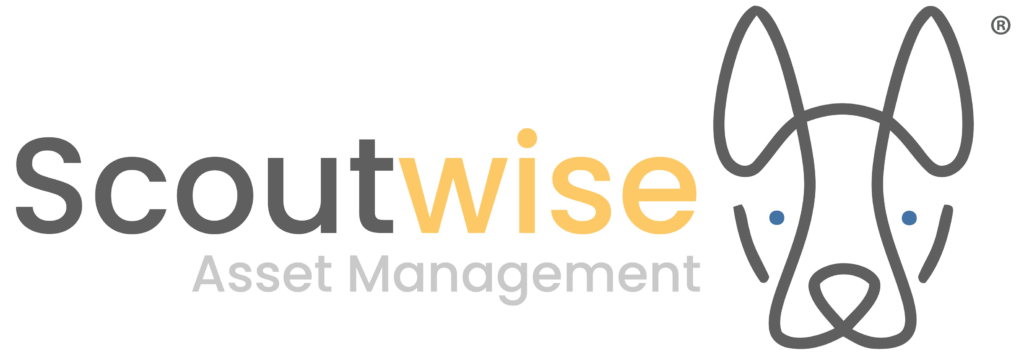Expectations are growing rapidly for the potential impacts the Internet of Things (IoT) will have on the world. All manner of sensor laden devices designed to directly integrate the physical world into computer-based systems open up a world of opportunity, and a fair amount of risk as well. Companies are producing new, network-ready tech at a staggering rate, but not all are taking the security measures necessary to keep all this data secure. Technology writer Kayla Matthews outlines 3 major expectations:
1. Prevention and Management of Chronic Diseases Could Improve
Healthcare is characteristically an industry crippled by high costs. It’s also a sector that could greatly benefit from the IoT. Such technology could prevent people from becoming chronically ill, plus improve care management for patients already diagnosed with ongoing illnesses.
Most of the nation’s healthcare budget goes toward treating chronic diseases, so it makes sense that programs which encourage smoking cessation, weight loss or other healthy lifestyle choices are a big business opportunity. Even so, most chronic diseases are treated reactively, rather than proactively, and the IoT could change that.
Wearable devices, like those offered by Apple, Fitbit and Withings, currently make it easy and fun for people to set and reach their wellness goals. A company called Omada Health also offers similar devices to pre-diabetic patients, urging them to lose weight in hopes of avoiding chronic blood sugar issues.
Another way the IoT could improve the healthcare industry is through the use of “smart” devices that are worn on the body and are able to detect abnormalities. Theoretically, these gadgets could alert the wearer that something may be amiss with his or her health, allowing the person to seek medical intervention before it’s too late.
Furthermore, data collected by the devices could be automatically sent to the cloud via API, so healthcare providers might examine it without the device’s user having to do anything. That means the IoT could also play a role in helping healthcare workers make more informed and relevant decisions about the treatment plans of their patients.
The IoT could help physicians make diagnoses more efficiently, too. This will become possible when emerging technology leads to a decrease in the manufacturing costs of expensive equipment, such as MRI machines.
2. Inadequate Cyber Security Measures Could Adversely Impact Health-Related Benefits
Despite the exciting possibilities discussed above about chronic illness management, some experts still have concerns about patient data getting compromised. Analysts warn it may be very hard to implement proper security measures on very tiny devices. Furthermore, IoT gadgets are going through such a rapid revolution that they could be used on a massive scale within just a few months.
Ksenia Votinova, Technology Entrepreneur & Chief Marketing Officer at Le VPN, says that Virtual Private Networks (or VPNs) could be used to keep personal data secure as it gets transferred from users’ home devices to the cloud:
“Installing a VPN on a home router would allow people to secure the internet connection of all their devices that connect to this router – like computers, mobile devices, smart TVs, game consoles, etc…
“It works like this: a VPN encrypts the internet connection of all the devices, making any online activity secure and private. This is done through the most sophisticated encryption algorithm (AES-256), which is impossible to hack. Therefore nobody can hack all the devices that are connected to the router secured by a VPN”
So, even though security concerns about the IoT have arisen, we can acknowledge that tech has also been developing to counteract potential security threats imposed by IoT.
3. Some Jobs Will Become Obsolete, While New Careers Get Created
New technologies can create jobs, or take them away. When smartphones became popular, there was a sudden need for people who could design and test apps for mobile platforms, for example.
On the other hand, as technology improves, it can make some jobs irrelevant. That happened to many grocery clerks and baggers when self-checkout stations became popular. Although most grocery stores still have human staff members at the checkouts, self-checkout lanes often dominate those workers, especially during certain hours of the day.
We can expect the IoT will reduce the need for low-skilled workers engaged in repetitive jobs. However, the IoT doesn’t solely spell bad news for people in the job market. Target is one well-known retailer that recently offered a position for someone to be in charge of using the IoT to develop consumer solutions.
Another new job title you can expect to see soon is Chief IoT Officer. That person will likely set out the framework for a company’s IoT strategy, and then implement the associated technology that aligns with current business goals. Additionally, the worker will gather data from IoT devices and make decisions based on those analytics.
The IoT opens up a world of interconnected devices that will change the face of network communications. It also opens up a world of network security concerns like we’ve never seen. Is your network secure? Let the experts at Corporate Technologies Group assess your systems to be sure.
Download our Network Security Checklist to learn more:
